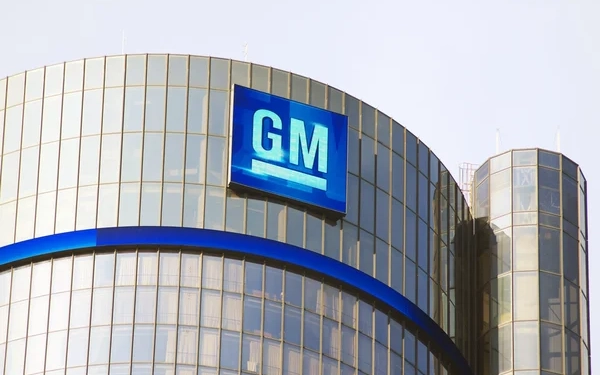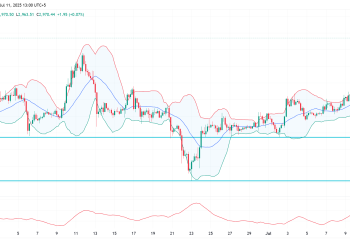General Motors (GM) aims to offer a “Voluntary Separation Program” (VSP) to the “majority” of its 58,000 white-collar employees in the United States as part of its efforts to cut $2 billion in structural expenses over the next two years. The offer will be made to all salaried American employees who have been with the company for at least five years as of 30 June, as well as executives with at least two years of service outside the US.
According to the letter written to employees by CEO Mary Barra, GM expects to incur a pre-tax charge of up to $1.5 billion linked to the buyouts, with the majority of the charges expected to be cash-based and occur in the first half of this year. Barra noted that the VSP is “intended to increase attrition in the United States” and may prevent future “involuntary acts.” The Detroit carmaker stated last week that it would eliminate approximately 500 salaried roles worldwide.
GM invites eligible employees to adopt the initiative, stating in a statement to CNBC, “By permanently reducing structural costs, we can increase vehicle profitability and remain flexible in a market that is becoming increasingly competitive.” In 2018-2019, GM proposed a massive buyout programme to around 18,000 salaried North American employees.
In January, GM announced a $2 billion cost-cutting drive, with executives expecting to reduce headcount through natural attrition rather than layoffs. The manufacturer plans to reap between 30 and 50 percent of the savings in 2023.
Accepted US employees will get one month’s pay for every year worked up to a maximum of 12 months and COBRA health coverage. In addition, they will earn team performance bonuses and outplacement services. Employees worldwide will get a base income, bonuses, COBRA, and outplacement services.
Employees eligible for the VSP who wish to enroll must do so by March 24. Those who request and are approved for a voluntary package will go by June 30. A representative for GM declined to reveal how many employees are expected to accept buyout packages. GM had approximately 81,000 salaried employees worldwide at the end of last year, according to public documents.
















